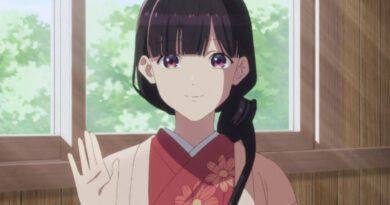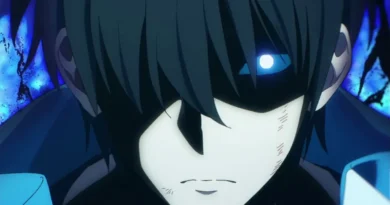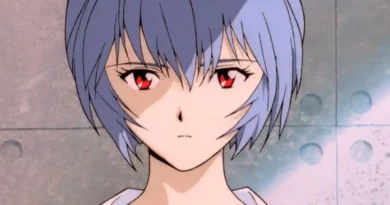Netflix Sparks Controversy Over “Incel” Subtitle in Call of the Night Season 2
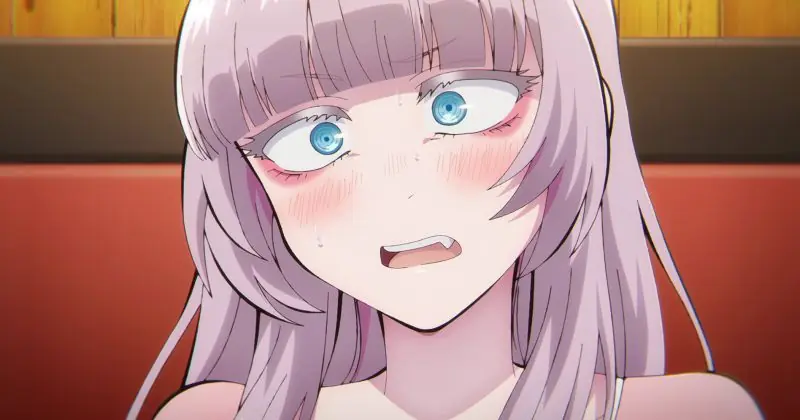
The first episode of Call of the Night Season 2 debuted across three major streaming platforms in the West—HiDive, Amazon Prime Video, and Netflix—but it’s the Netflix translation that’s drawing intense backlash for its use of the term “incel.”
In the scene in question, Kou, the protagonist, finds himself surrounded by four curious and flirtatious vampires eager to hear about his relationship with Nazuna. Midori, one of the vampires, jokingly says she wants a Kou of her own. That’s when Seri, another vampire, teases her by saying she’s into a very specific type—virgin men with… complications.
Call of the Night and the “Incel” Subtitle Controversy
All three platforms subtitled the same scene, but each took a different translation approach:
This is Amazon and HiDIVE subs:
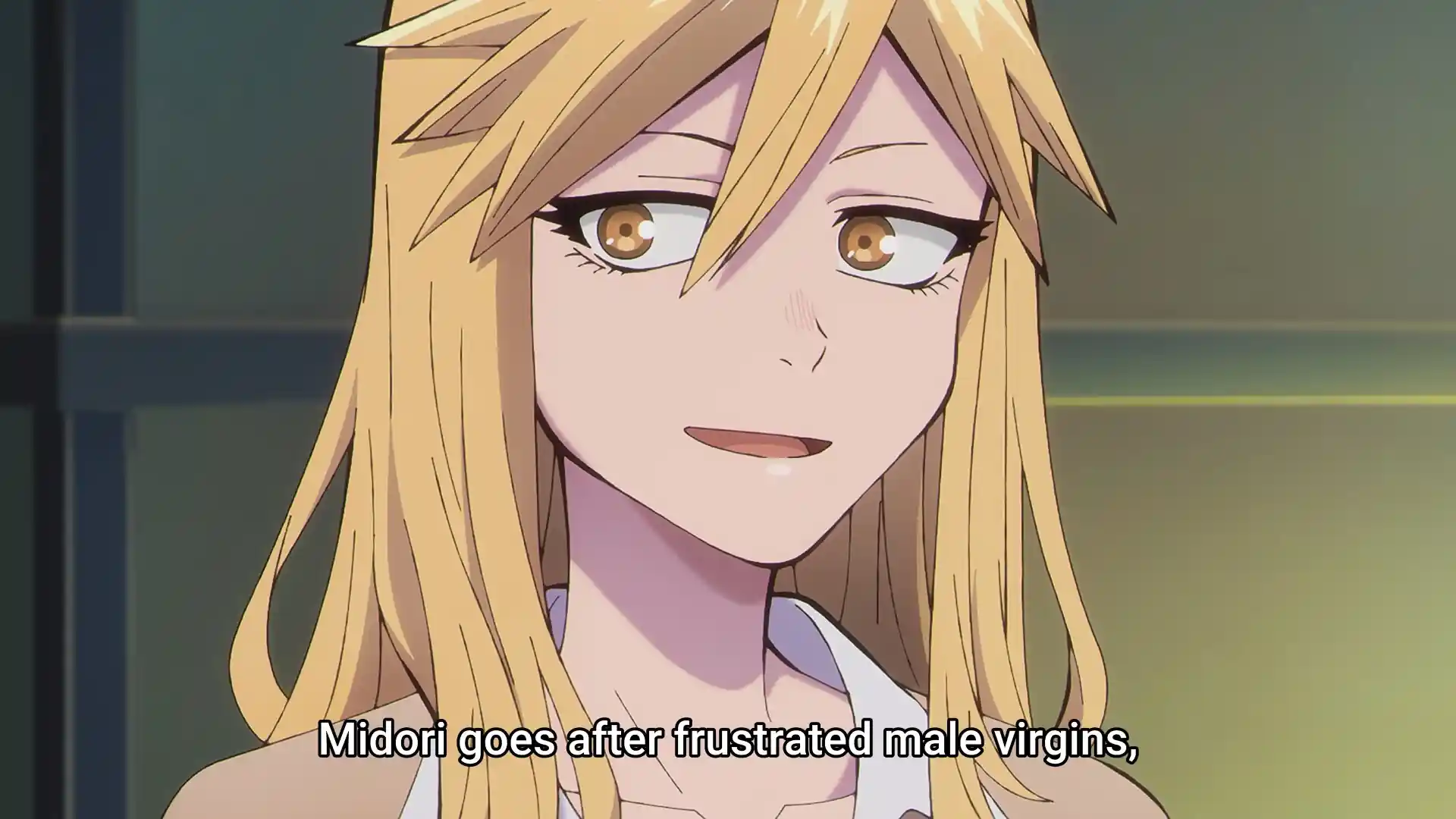
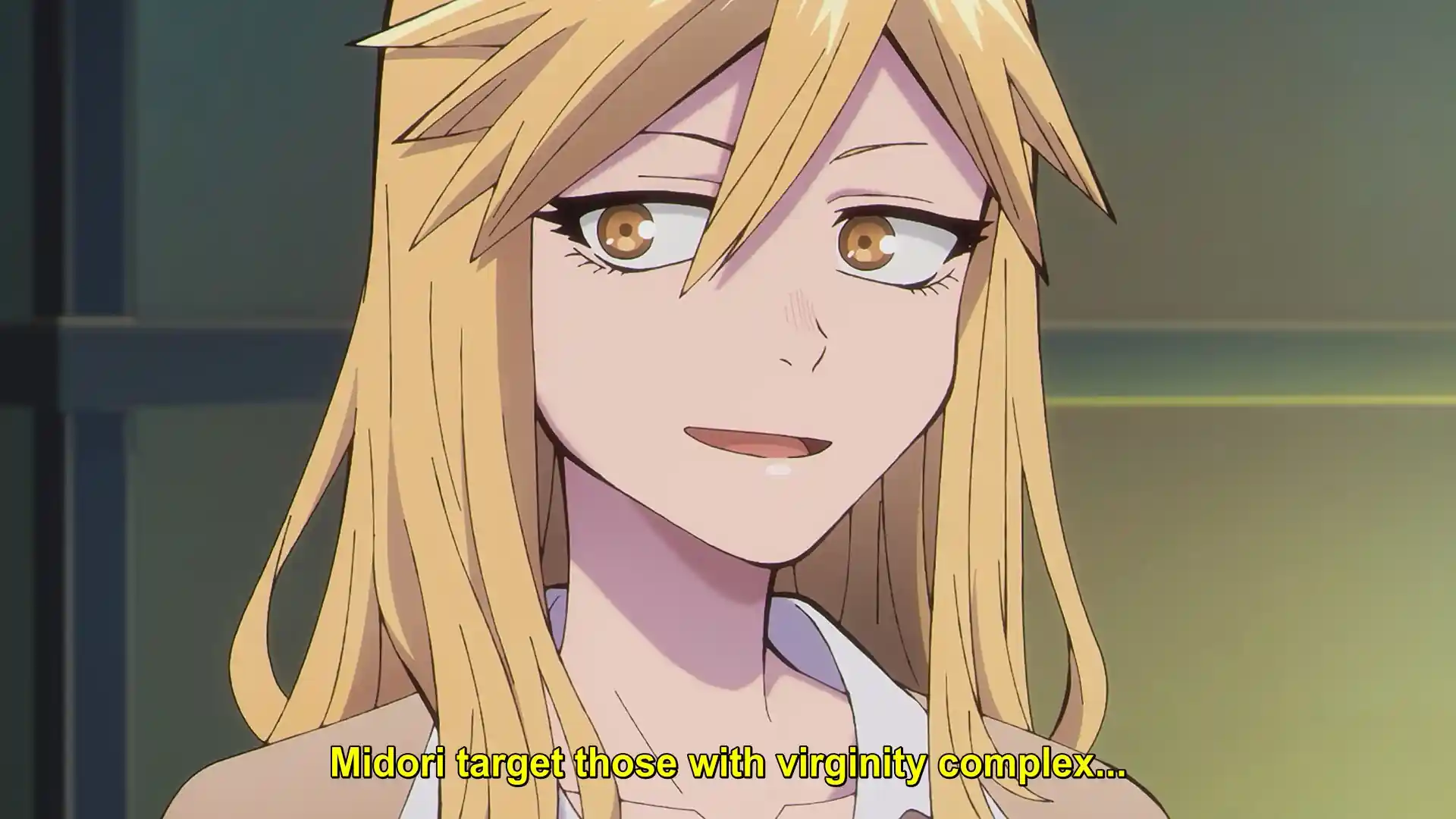
This is suposed the original Netflix sub
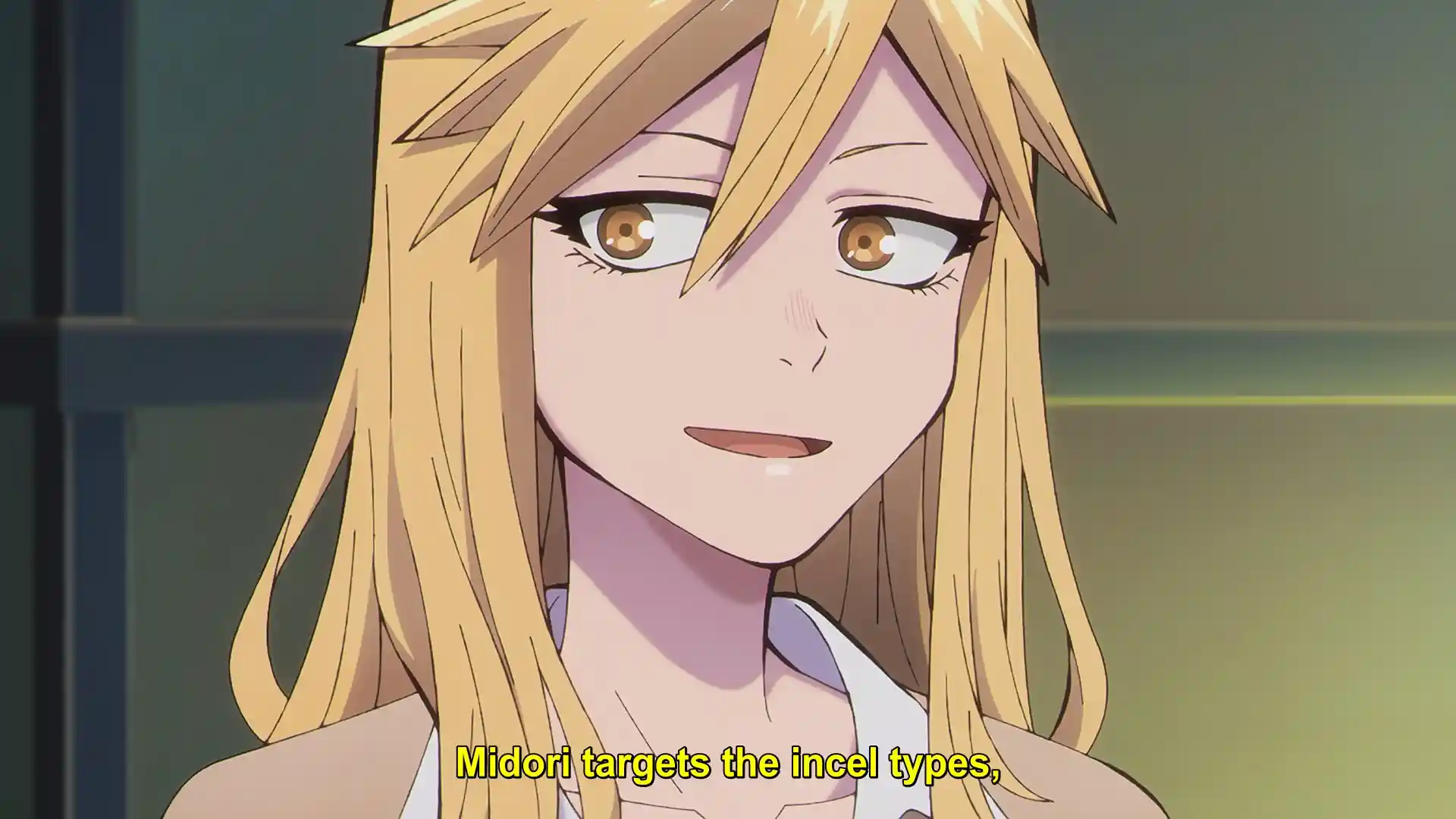
The Netflix translation quickly sparked outrage on social media, with fans criticizing the use of “incel”—a word loaded with negative and toxic connotations. Some users reported that Netflix has since updated the translation, replacing “incel” with a more neutral term like “virgin,” but the backlash had already taken hold.
What Was Actually Said in Japanese?
The Japanese line spoken by Seri was “DOTEI KOJIRASOKEI” (童貞こじらせ系), where:
-
Doutei (童貞) means “male virgin.”
-
Kojirasokei (こじらせ系) is a slang term referring to someone who has become emotionally or psychologically complicated due to inexperience or internalized issues.
While “virgin with a complex” or “emotionally repressed virgin” might be a more accurate and culturally sensitive translation, Netflix opted for “incel,” a term often used online to describe misogynistic men who blame women for their lack of sexual experiences.
Vamos ver as reações que o termo incel gerou?
Reactions from Fans Were Harsh
The subtitle sparked a range of passionate reactions:
-
“This is why AI should do translations.”
-
“How are these people still employed?”
-
“Not all virgins are incels. This is slander.”
-
“Fire whoever added that subtitle.”
-
“They’re trying to ruin anime for Western fans.”
-
“I’m so tired of this. How many more times do we have to go through this?”
Despite the correction, the incident highlights a growing frustration within the anime community about inaccurate or politicized translations.
Final Thoughts
This isn’t the first time Netflix has faced criticism for questionable subtitle choices, and it likely won’t be the last. As anime reaches more international fans, accurate and respectful localization becomes more important than ever.
Will this controversy affect how future anime are subtitled on Netflix? Only time will tell.

